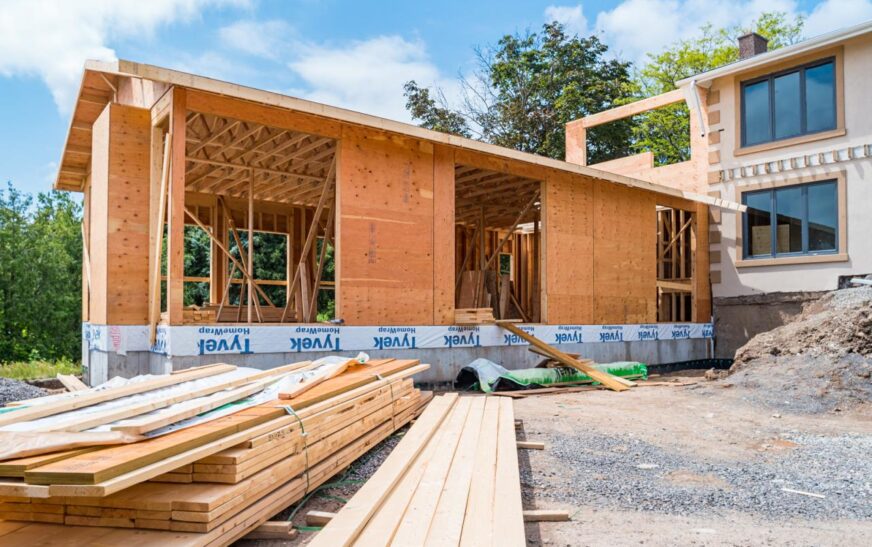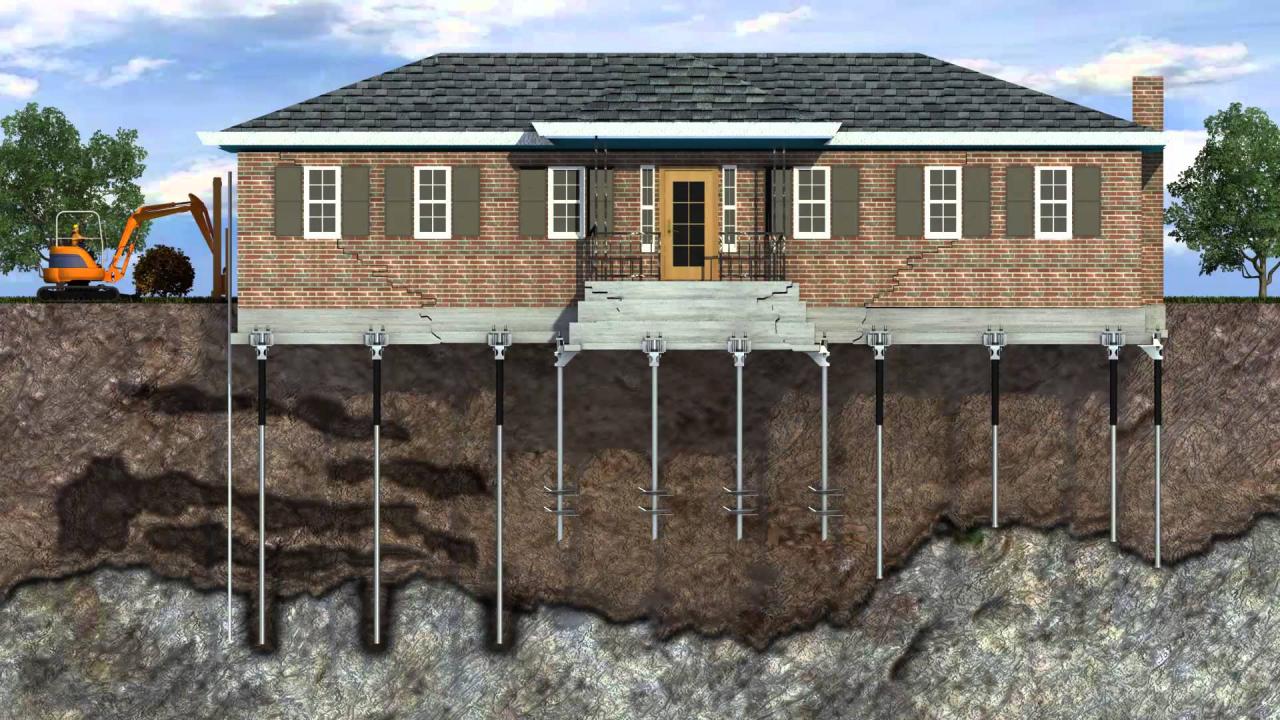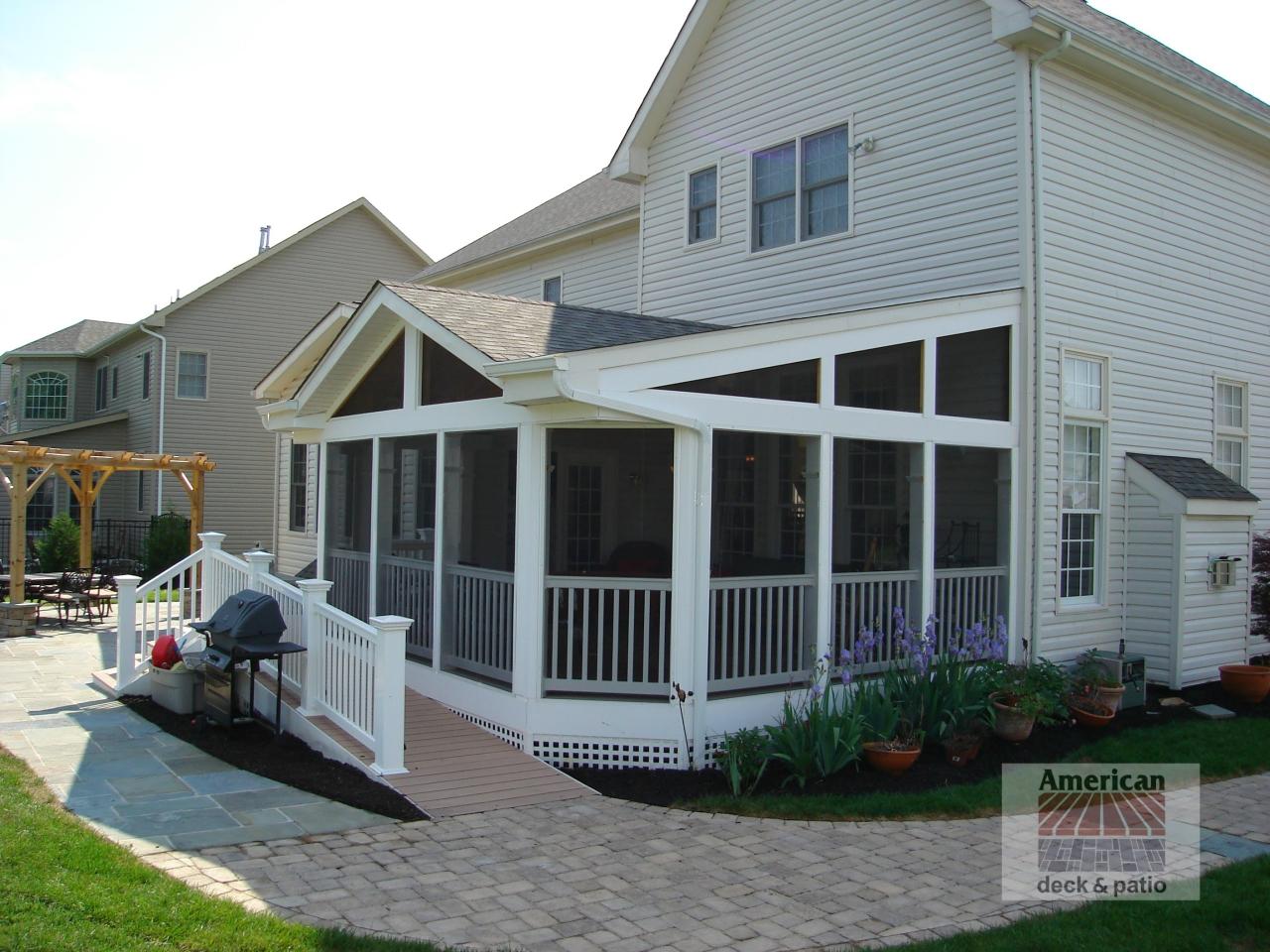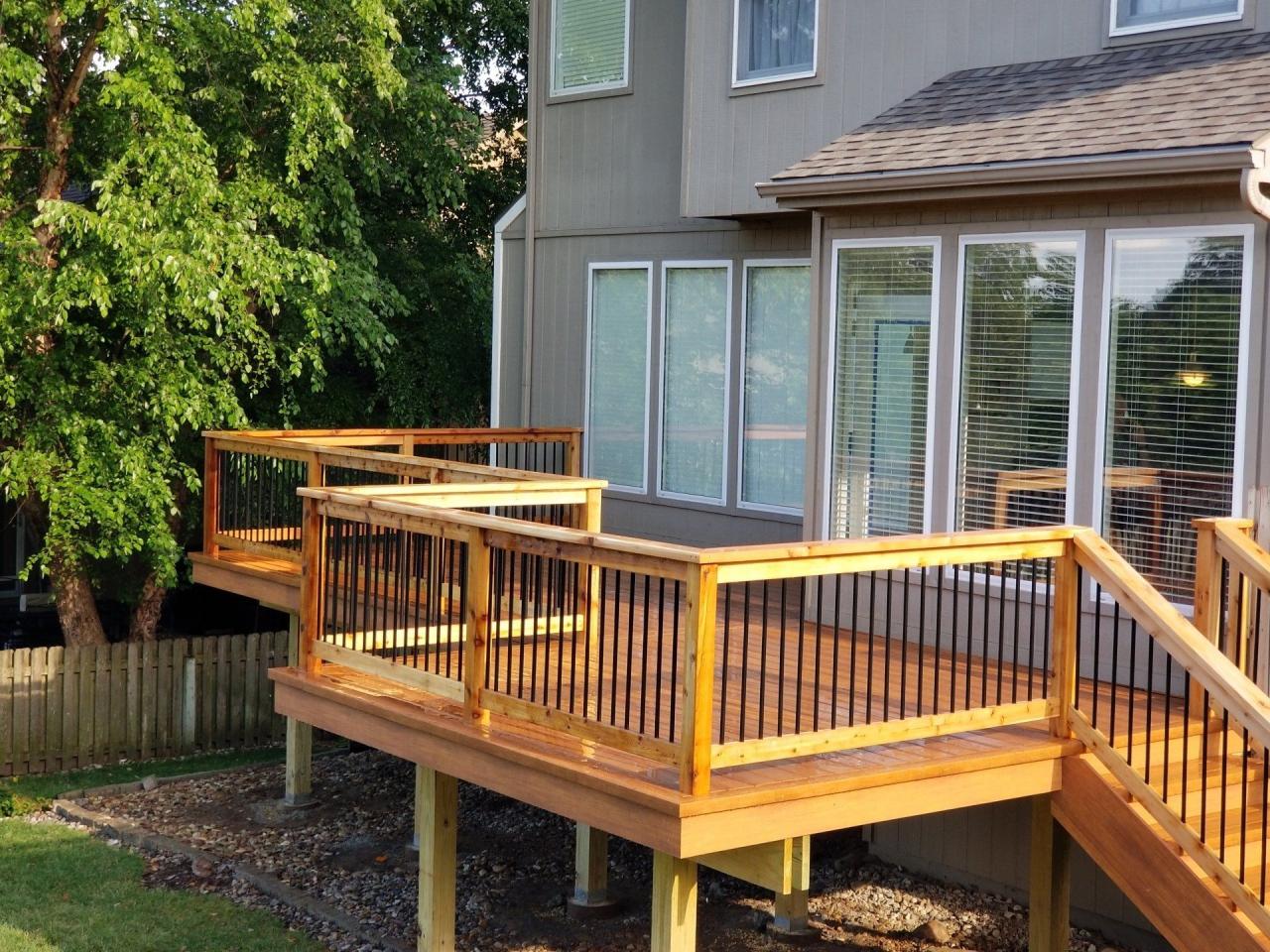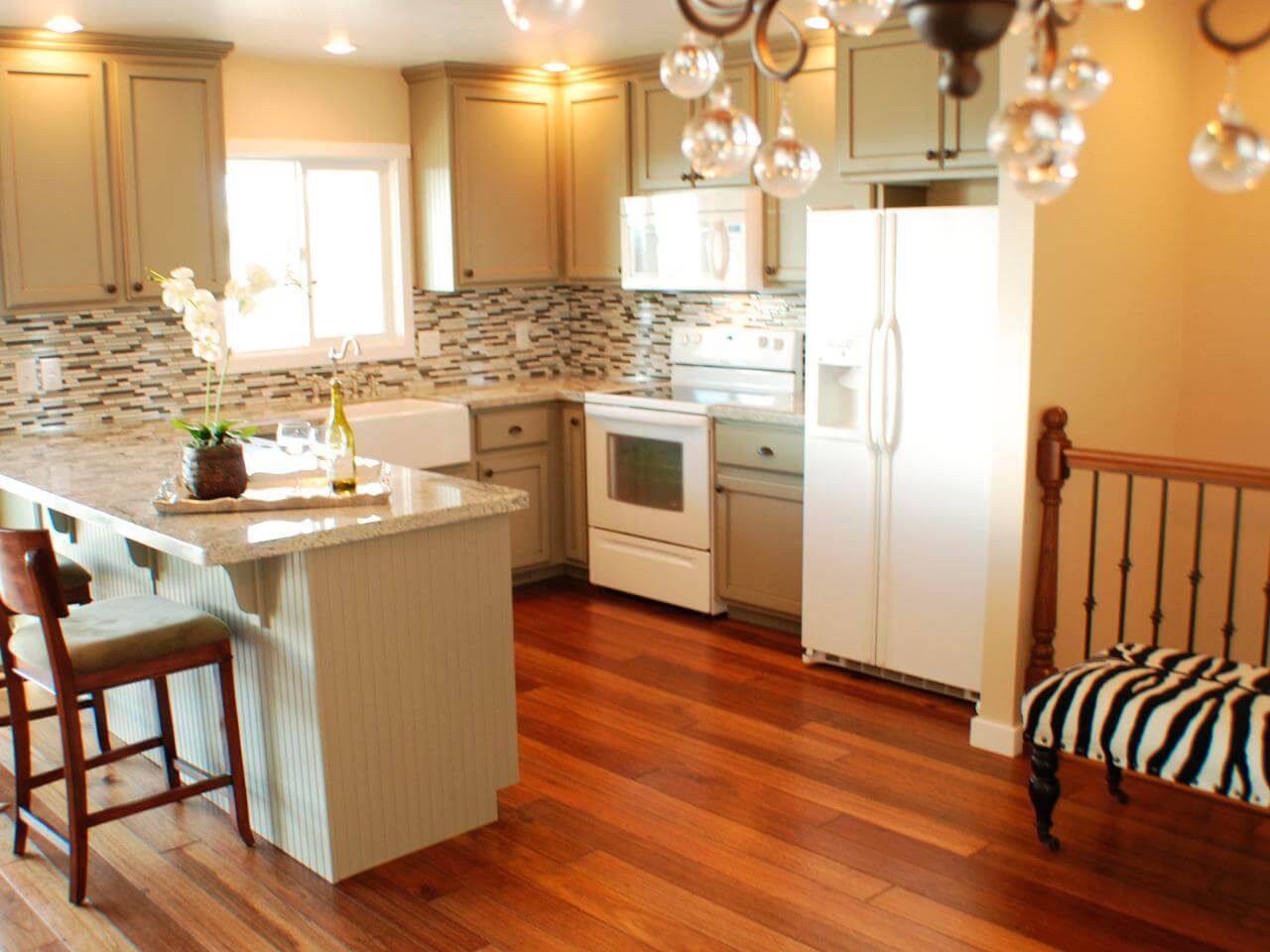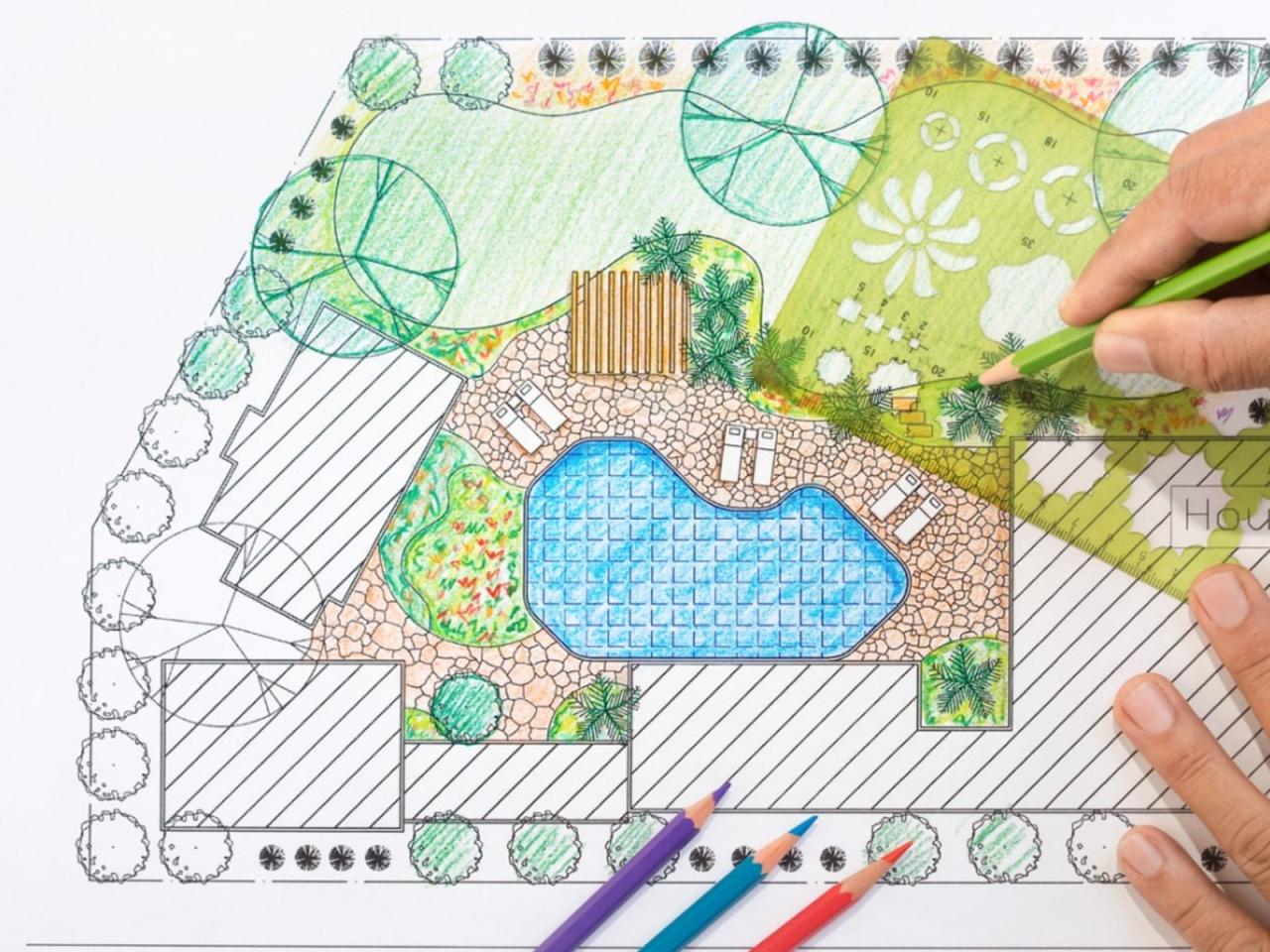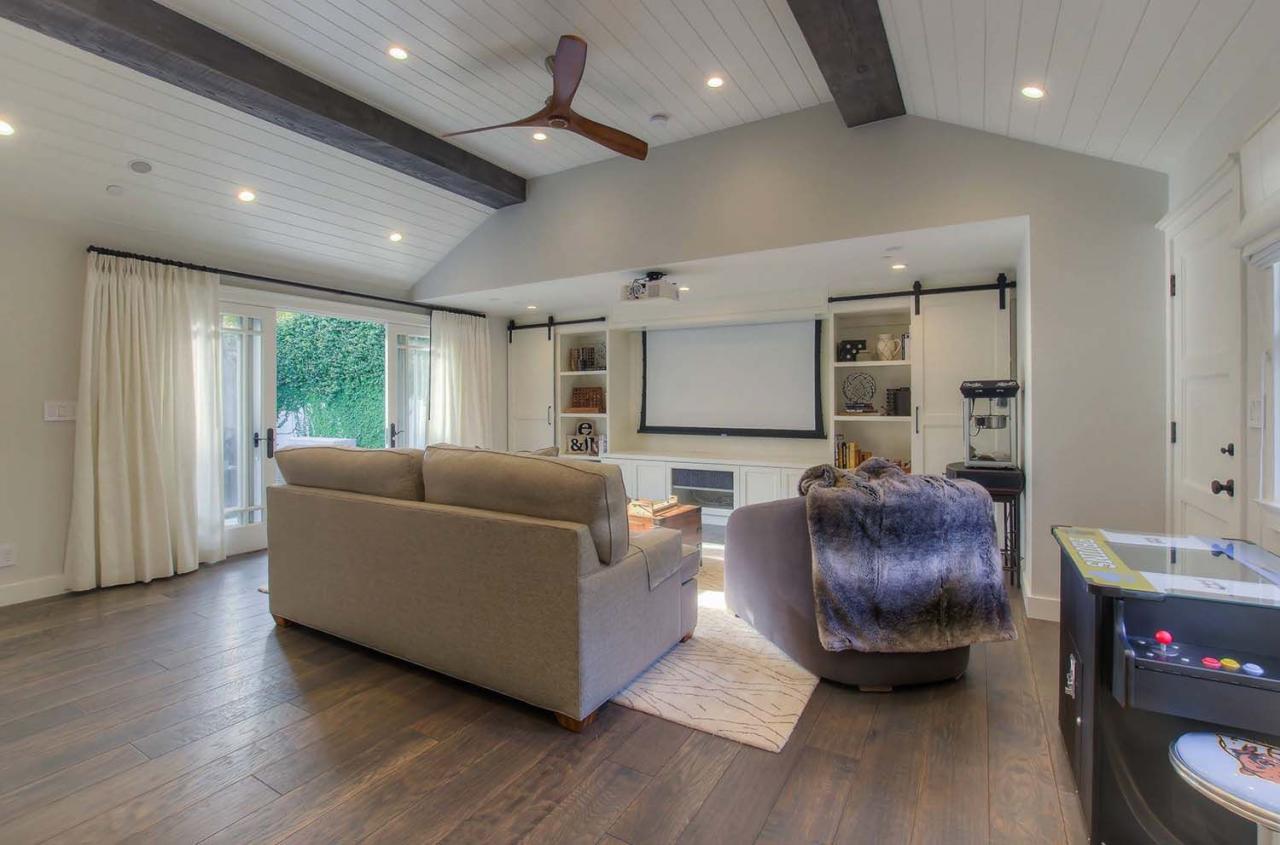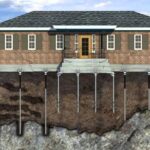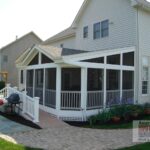Embark on a journey into the realm of home addition builders for small houses where expertise meets innovation. This guide offers valuable insights and tips to navigate the world of small house expansions with confidence and clarity.
Delve into the intricacies of researching, designing, budgeting, and navigating permits and regulations for home additions on small houses.
Researching Home Addition Builders
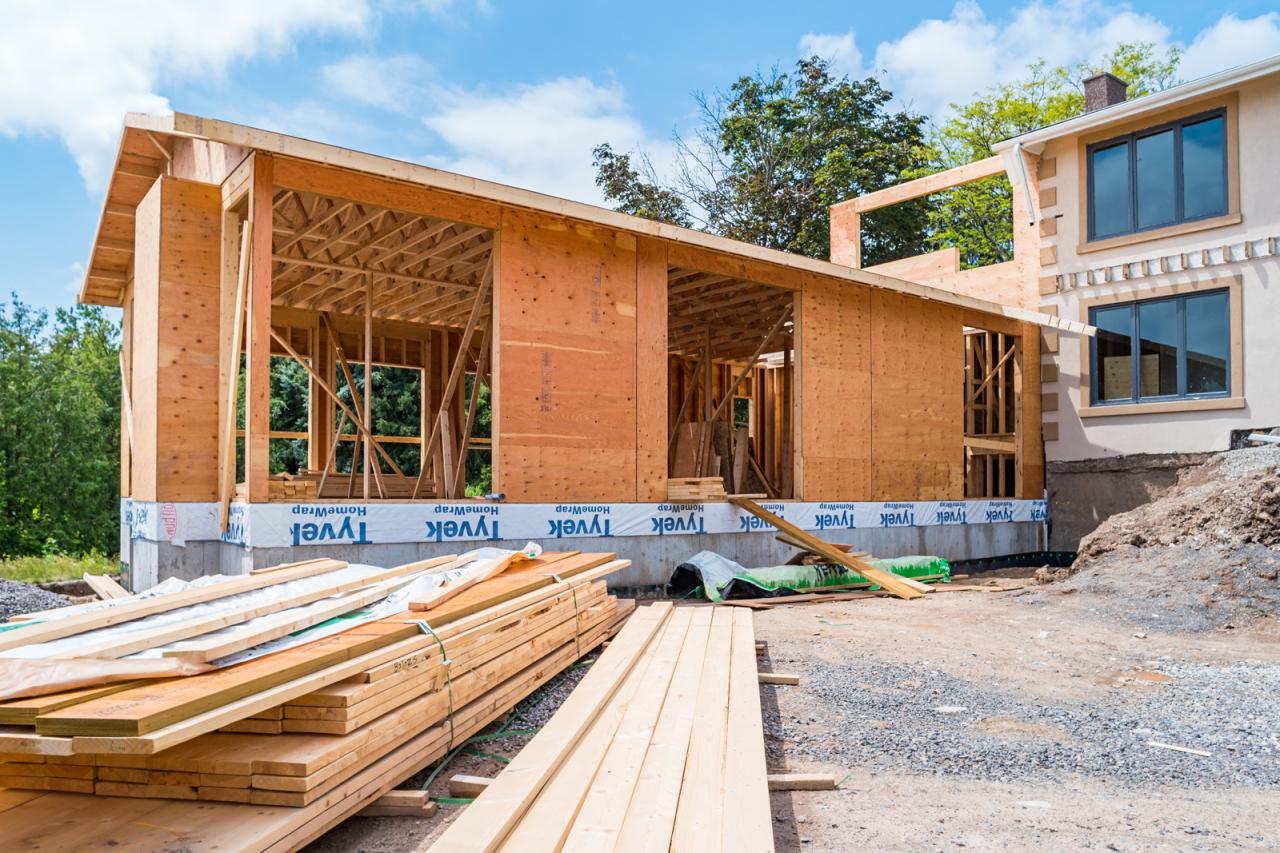
When considering adding an extension to your small house, it is essential to research home addition builders thoroughly to ensure the project's success. Here are some key factors to consider when researching home addition builders:
Experience and Expertise
It is crucial to find a builder with experience in constructing home additions, especially for small houses. Look for builders who have a proven track record of successfully completing similar projects.
Reputation and Reviews
Checking reviews and testimonials from previous clients can give you valuable insights into the builder's reputation. Look for builders with positive feedback and satisfied customers to ensure a smooth construction process.
References and Portfolio
Ask the builder for references and examples of their previous work. A reputable builder will be happy to provide you with a portfolio of their projects and connect you with past clients who can vouch for their workmanship.
License and Insurance
Ensure that the builder you choose is licensed and insured to work in your area. This will protect you in case of any accidents or issues during the construction process.
Communication and Transparency
Choose a builder who communicates effectively and is transparent about the project timeline, budget, and any potential challenges. Clear communication is key to a successful home addition project.
Cost and Budget
While cost is an important factor, it should not be the sole determining factor when selecting a home addition builder. Look for a builder who offers a fair price for their services while still maintaining quality craftsmanship.Researching home addition builders for your small house is a crucial step in ensuring a successful and stress-free construction process.
By considering these key factors and following these tips, you can find a reputable and experienced builder who will bring your home addition vision to life.
Designing Home Additions for Small Houses
When it comes to designing a home addition for a small house, the key is to maximize the available space efficiently while maintaining a sense of functionality and aesthetics. Here are some important considerations and space-saving design ideas to keep in mind:
Space-Saving Design Ideas for Small House Additions
- Utilize multifunctional furniture: Opt for furniture pieces that serve multiple purposes, such as a sofa bed or a dining table with storage compartments.
- Opt for built-in storage solutions: Incorporate built-in shelves, cabinets, and closets to maximize storage space without taking up additional floor area.
- Choose light colors and mirrors: Light colors can make a space feel larger and brighter, while strategically placed mirrors can create the illusion of depth and openness.
- Consider open floor plans: Knocking down walls to create an open floor plan can make a small house feel more spacious and airy.
Examples of Innovative Design Solutions for Maximizing Space in a Small House
- Loft beds: Installing a loft bed can free up floor space for other activities or storage underneath.
- Fold-down tables: Fold-down tables can be mounted on walls and easily folded up when not in use, providing a functional surface without taking up permanent space.
- Sliding doors: Opting for sliding doors instead of traditional swinging doors can save space and add a modern touch to the design.
- Outdoor living spaces: Consider extending the living space outdoors with a deck, patio, or balcony to create additional space for relaxation and entertainment.
Budgeting and Cost Considerations
When it comes to adding onto a small house, budgeting and cost considerations play a crucial role in the planning process. Understanding the typical costs involved, creating a budget, and finding ways to save money without compromising quality are all essential aspects to consider.
Typical Costs of Hiring Home Addition Builders
- Materials: The cost of materials can vary depending on the type of addition you are planning and the quality of materials chosen.
- Labor: Hiring skilled labor for construction work can significantly impact the overall cost of the project.
- Permits and Fees: Don't forget to budget for permits and any additional fees that may be required for the construction.
Creating a Budget for a Home Addition Project
- Evaluate Your Finances: Take a close look at your finances to determine how much you can realistically afford to spend on the home addition.
- Get Multiple Quotes: Obtain quotes from different home addition builders to compare prices and find the best value for your budget.
- Include Contingency Funds: It's wise to set aside some extra funds for unexpected costs that may arise during the construction process.
Ways to Save Money on a Small House Addition
- DIY Where Possible: Consider taking on some smaller tasks yourself to reduce labor costs.
- Shop Around for Materials: Look for deals on materials and explore different options to find the best prices.
- Opt for Simple Designs: Choosing a simpler design for your addition can help lower costs without compromising quality.
Permits and Regulations
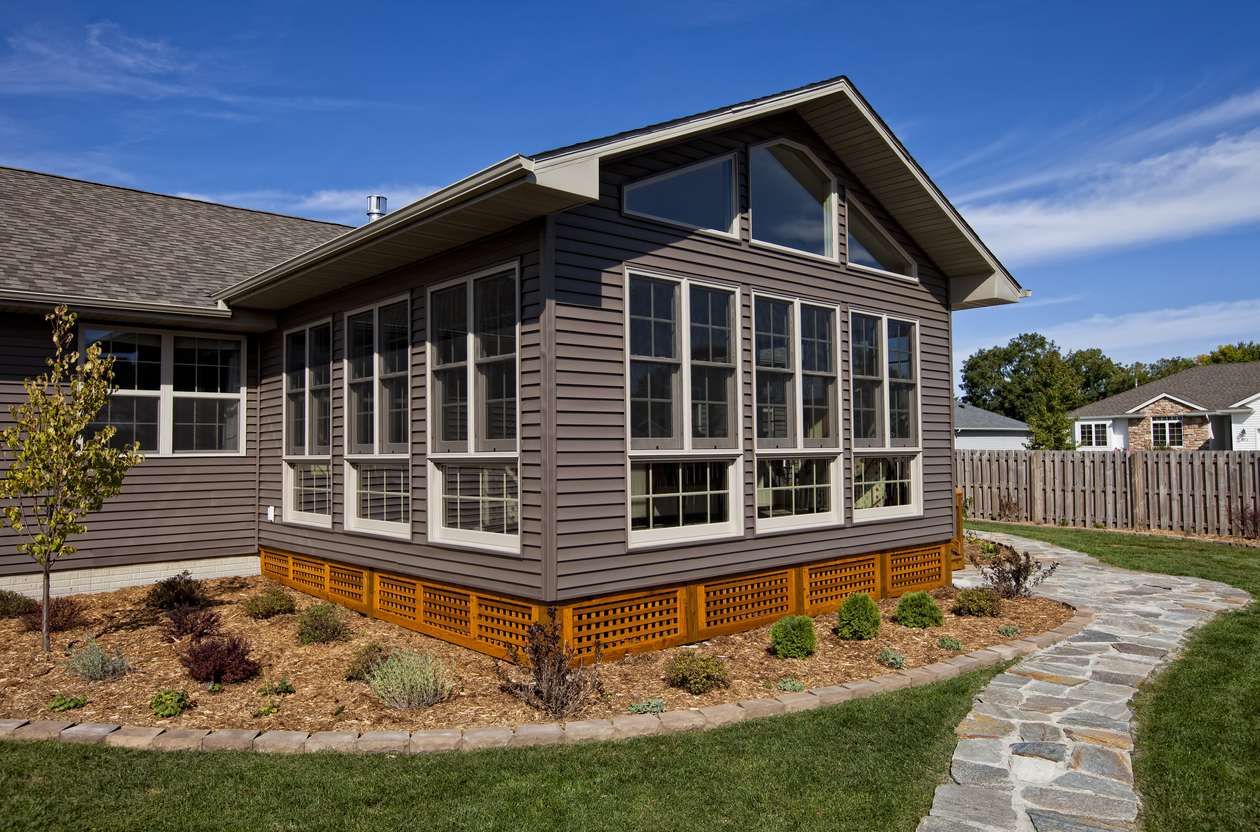
When building home additions on small houses, it is crucial to understand the permits and regulations required to ensure compliance with legal standards. Failure to adhere to these regulations can result in costly fines or even the demolition of the addition.
Building Permits
Building permits are typically required for any construction project, including home additions. These permits ensure that the addition meets safety standards and local building codes. It is essential to obtain the necessary permits before beginning any construction to avoid legal issues down the line.
Zoning Laws
Zoning laws dictate how properties can be used and what types of structures can be built in specific areas. When adding onto a small house, it is important to consider zoning laws to ensure that the addition is allowed in the designated zone.
Violating zoning laws can lead to fines and legal action, so it is crucial to research and comply with these regulations.
Historic District Regulations
If the small house is located in a designated historic district, additional regulations may apply to any alterations or additions. These regulations are in place to preserve the historical integrity of the area and may restrict the types of materials or designs that can be used in the addition.
It is essential to research and comply with historic district regulations to avoid conflicts with local authorities.
Environmental Regulations
Environmental regulations may also impact home additions on small houses, especially if the construction involves changes to the landscape or natural surroundings. Restrictions on tree removal, water runoff, and other environmental factors may apply, depending on the location of the property.
It is crucial to consider these regulations and take necessary precautions to minimize the environmental impact of the addition.
Outcome Summary
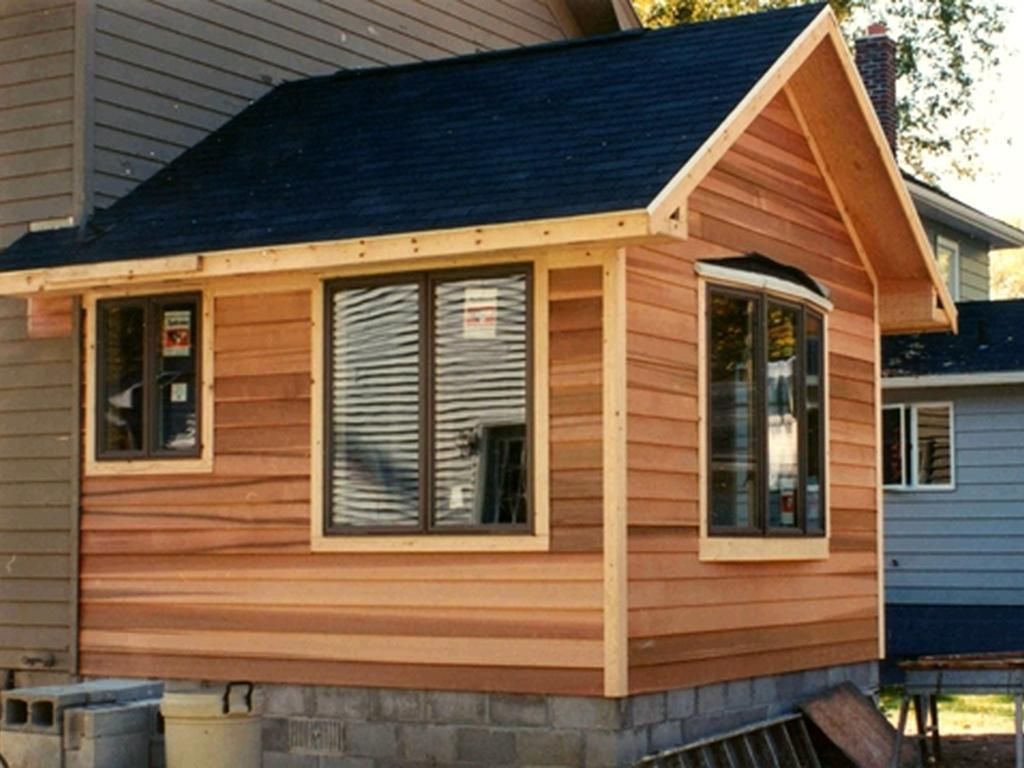
In conclusion, mastering the art of home additions for small houses requires a blend of careful planning, creative design, and adherence to regulations. With the right knowledge and resources, transforming your small house into a dream space is within reach.
Quick FAQs
What factors should I consider when researching home addition builders for small houses?
Consider factors like experience, reputation, and reviews to find a reliable builder.
How can I save money on a small house addition project without compromising quality?
You can save money by planning efficiently, comparing quotes, and exploring cost-effective design options.
What permits and regulations are typically required for building home additions on small houses?
Permits may include zoning permits, building permits, and adherence to local building codes.

